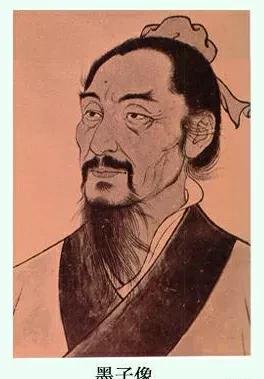The "three-table method" is the basic method for Mozi to positively argue his thoughts. "Table" refers to methods and standards; "three tables method" refers to the three criteria for judging whether it is true or not.

Mozi said, "Those who have a foundation, those who have a source, and those who are useful." What is the basis? It is based on the matter of the Ancient Saint King. In what sense? The truth of the eyes and ears of the people was observed. What is it used for? To take the initiative as a government, to look at the interests of the people of the country. There are three tables for this so-called statement. It means that the first table refers to the standard of speech and behavior of the ancient holy king; the second table refers to the search for the basis of arguments from the people's sensory experience; the third table refers to the application of speech to practical politics, observing whether it is in the interests of the people of the country, and whether it is true and acceptable, and those who do not conform to it are false and must be abandoned. It can be seen that Mozi attaches great importance to the lessons in ancient texts and feels the effect of experience and social utilitarianism.
For the first time in the history of Chinese philosophy, Mozi proposed a standard for testing truth, but because he attached too much importance to sensory experience and ignored the criterion of rational testing, he proved the existence of ghosts and gods according to the standards of sensory experience.